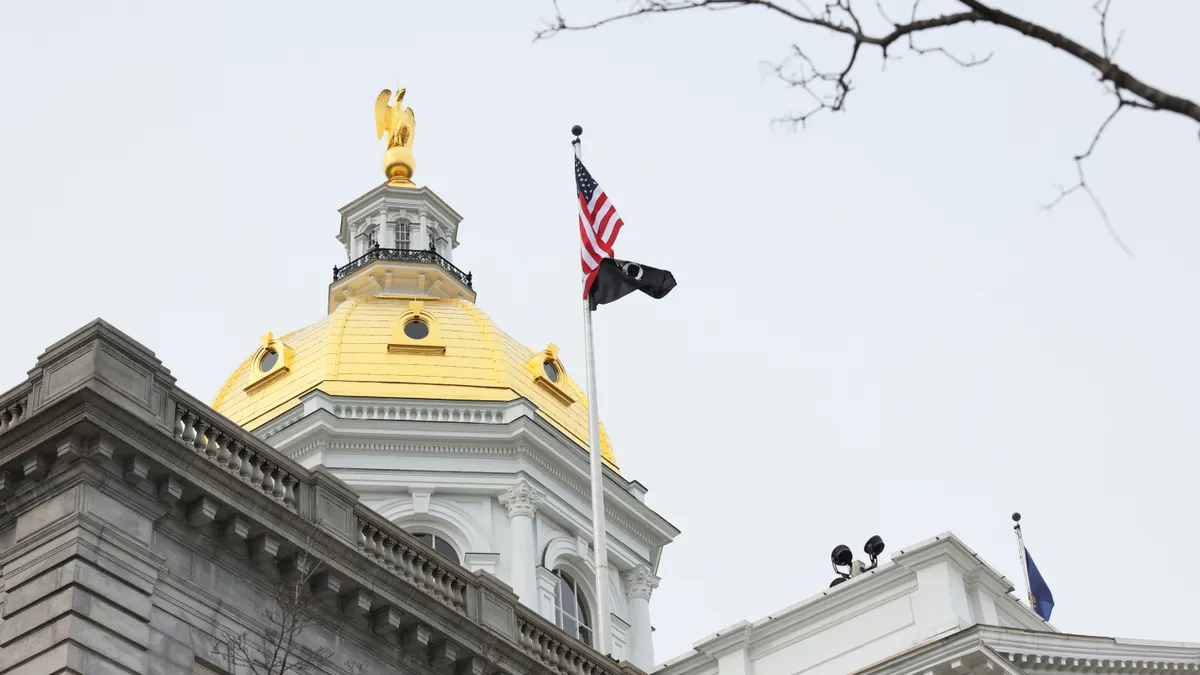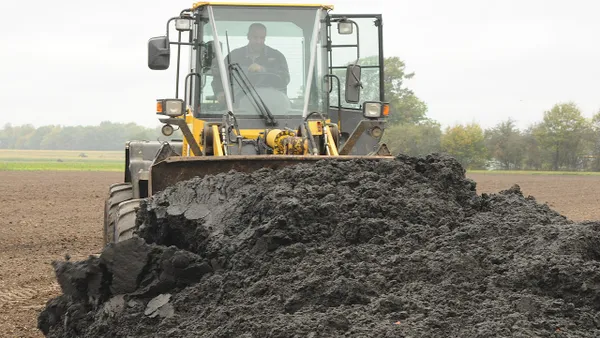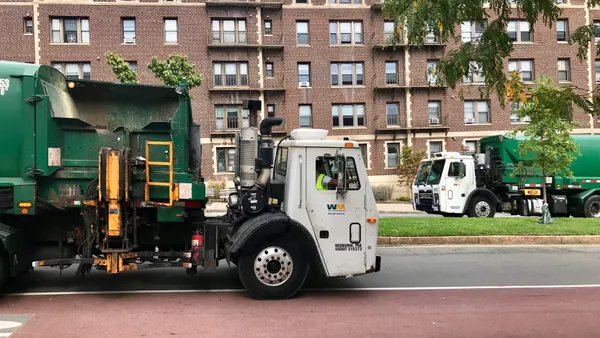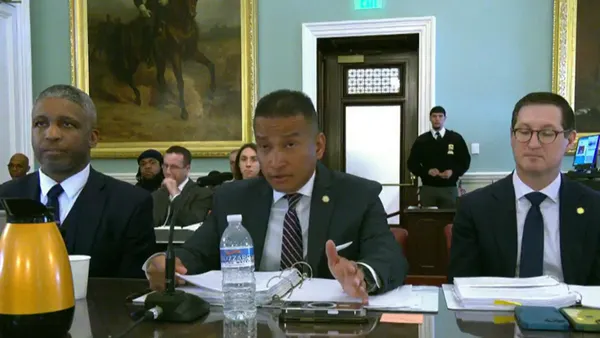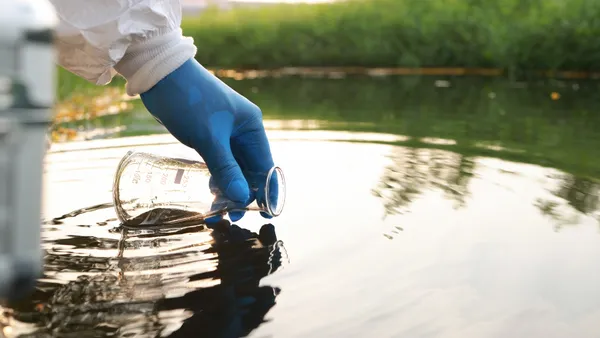A bill enacting a two-year moratorium on siting new landfills in New Hampshire and conducting a study to determine how far future sites should be set back from water is one step closer to passage after clearing a key conference committee.
SB 61 would temporarily pause permitting for new landfill sites but does not apply to permits to expand existing landfills. The bill also directs the New Hampshire Department of Environmental Services to spend about $200,000 to hire a firm to review the state’s existing criteria for setbacks and make recommendations on how to move forward when it evaluates future projects. DES could send out a final request for proposals as soon as Oct. 1, according to the bill.
The bill cleared a critical hurdle last week when it passed out of a conference committee on June 20 after previously moving through the House and Senate. It must still undergo a final concurrence vote before it officially heads to the governor’s desk, InDepth NH reported. Yet the version of SB 61 that has passed represents a workable bipartisan compromise after months of debate and back-and-forth over proposed amendments, bill sponsors Sens. David Watters and Kevin Avard told the publication. Without the bill, DES might have received new permitting requests this year, Avard said.
The state legislature has worked for several years to pass bills reforming the state landfill setback rules to prevent leachate from contaminating bodies of water before operators could mitigate the spill. Yet differing views on how to update the rules and make site-specific recommendations have bogged down negotiations. The legislature is expected to adjourn on June 30.
Casella Waste Systems had proposed a new landfill in Dalton, New Hampshire, but it withdrew its permit application last summer after state regulators said it was incomplete. The company has continued to express interest in the site. Casella already operates a landfill in nearby Bethlehem, New Hampshire, as well as several transfer stations and a recycling center in other parts of the state.
Jeff Weld, Casella’s director of communications, said it was “premature to offer any speculation” on how the bill could affect Casella’s or other companies’ plans for potential new landfill development in the state. Weld called SB 61 “a more balanced approach than previous attempts at landfill setback legislation” because it gives DES “the appropriate controls and resources to make science-based decisions with qualified third-party consultants.”
But some groups, like Just Zero, say the bill gives too much power to landfill operators.
“SB 61 is essentially giving private industry an unwarranted role in determining the future of landfill siting regulation in New Hampshire,” said Peter Blair, policy director of Just Zero. “Whoever ends up performing the evaluation of the existing regulations will have a significant influence on whether New Hampshire updates its outdated and insufficient siting requirements.”
Some environmental advocates preferred competing bill HB 56, which would have established specific frameworks for how to determine the distance a new landfill can be sited from a body of water. Advocates said that bill offered a more comprehensive approach. Although it passed the House, it did not pass the Senate.
Action around landfill permitting and setbacks is part of a larger conversation in the state about how to handle its waste. In 2020, about 47% of the more than 1.95 million tons of solid waste disposed in New Hampshire landfills and incinerators was generated outside the state, according to a report from the NH Solid Waste Working Group, established by DES. “Legislators and members of the public have expressed significant concern about the receipt and disposal of out-of-state waste in New Hampshire,” the report said.
The state still has a lot of work to do on source reduction and the “larger issue of how we reduce,” Avard told InDepth NH.
DES said food waste diversion and separation is another important way to reduce landfill disposal, and lists it as a priority in the 2022 New Hampshire Solid Waste Management Plan. The New Hampshire legislature addressed food waste diversion this year by passing a bill as part of the state budget that requires entities that generate over a ton of food waste a week to divert it from disposal starting Feb. 1, 2025, as long as they are located within 20 miles of a compost facility.
That part of the budget bill also includes $1 million for the state’s solid waste management fund. About $500,000 would go toward “priority” projects designed to keep food out of landfills.



